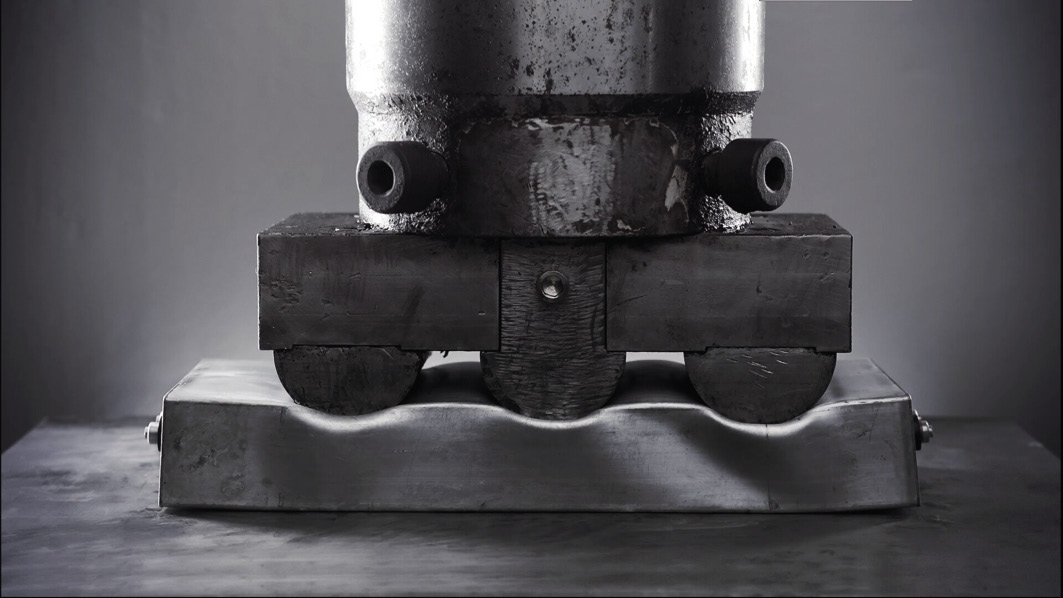The Telangana government made the proposal after the federal government asked states to compete to establish globally competitive li-ion battery manufacturing facilities. The government wants 40 GW of battery manufacturing capacity to push the adoption of electric vehicles and renewable energy. Under government proposals, five states would be selected with domestic and overseas battery manufacturers encouraged to bid for plants.
In a video conference with officials from the government’s sustainability thinktank NITI Aayog, Telangana chief secretary S.K. Joshi made the case for a 5 GW lithium battery factory by announcing the availability of 200 acres of land near Hyderabad’s airport and outer ring road. The state government would also make available the required power and water to the plant at a concessional rate, reported the Business Standard newspaper.
The government of India has pledged to ensure 30% of road vehicles are electric by 2030. The Union cabinet chaired by prime minister Narendra Modi approved implementation of the Faster Adoption and Manufacturing of Electric Vehicles in India Phase II program for the promotion of electromobility.
Batteries, a key component, account for almost half the cost of EVs and the cost of producing them could be reduced through domestic manufacturing facilities.
Indigenous manufacturing: the current scenario
The India Energy Storage Alliance expects the market for energy storage to rise to more than 300 GWh by 2025.
Currently, the country imports almost all its li-ion battery or cells. Most of the work on li-ion batteries is still focused on R&D – and that too at central government level. In the private sector, meanwhile, companies primarily build battery packs with li-ion cells imported from China. India lacks many of the raw materials, including lithium, for the manufacture of li-ion batteries.
This year, however, has seen major progress with government-owned Bharat Heavy Electricals Limited and Australian business Libcoin mulling a joint venture to build a 1 GWh-production-capacity lithium-ion battery plant. To be set up in India, the plant would eventually be scaled up to 30 GWh.
Further, in a move to promote indigenous manufacturing the government doubled the import duty on the lithium ion cells – used to manufacture lithium ion accumulators for EVs – to 10% from April 2021. Battery packs used in the manufacture of electric vehicles face a trebling of import duty to 15%.
In another boost for domestic production, India could be set to acquire lithium reserves overseas within six months through Khanij Bidesh India Ltd (KABIL) – a joint venture of three public-sector mining units which recently visited South America’s ‘Lithium Triangle’ of Chile, Argentina and Bolivia to explore lithium acquisition. Apart from lithium, KABIL will identify, explore, acquire, develop and process cobalt for commercial use.
This content is protected by copyright and may not be reused. If you want to cooperate with us and would like to reuse some of our content, please contact: editors@pv-magazine.com.









1 comment
By submitting this form you agree to pv magazine using your data for the purposes of publishing your comment.
Your personal data will only be disclosed or otherwise transmitted to third parties for the purposes of spam filtering or if this is necessary for technical maintenance of the website. Any other transfer to third parties will not take place unless this is justified on the basis of applicable data protection regulations or if pv magazine is legally obliged to do so.
You may revoke this consent at any time with effect for the future, in which case your personal data will be deleted immediately. Otherwise, your data will be deleted if pv magazine has processed your request or the purpose of data storage is fulfilled.
Further information on data privacy can be found in our Data Protection Policy.